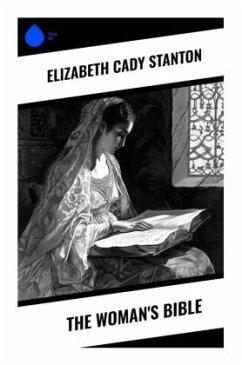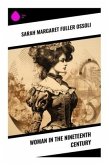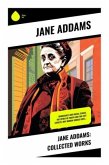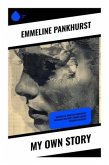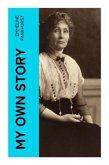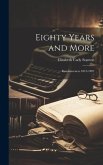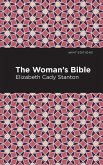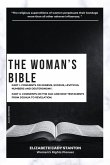In "The Woman's Bible," Elizabeth Cady Stanton challenges the patriarchal interpretations of biblical texts, reinterpreting scripture through a feminist lens to advocate for women's rights and spiritual autonomy. Written in a compelling yet accessible style, Stanton employs a mix of historical analysis, personal reflection, and theological critique, engaging both lay readers and scholars alike. The text situates itself within the larger 19th-century women's suffrage and religious reform movements, asserting that the struggle for gender equality must include a transformation in religious understanding. Stanton, a pioneering figure in the women's rights movement, was deeply influenced by her own experiences of gender oppression and her commitment to social justice. Co-organizer of the Seneca Falls Convention and a key figure in the push for women's suffrage, her theological ambitions in "The Woman's Bible" emerged from a desire to empower women within both religious and societal frameworks. Her extensive research and personal convictions inform a groundbreaking text that seeks to reclaim spiritual agency for women. Highly recommended for readers interested in the intersections of feminism, theology, and social reform, Stanton's work serves as a foundational text in the ongoing discourse around women's rights and religious interpretation. This book is a vital resource for anyone looking to understand the historical roots of feminist theology and the enduring impact of Stanton's advocacy.
Bitte wählen Sie Ihr Anliegen aus.
Rechnungen
Retourenschein anfordern
Bestellstatus
Storno

